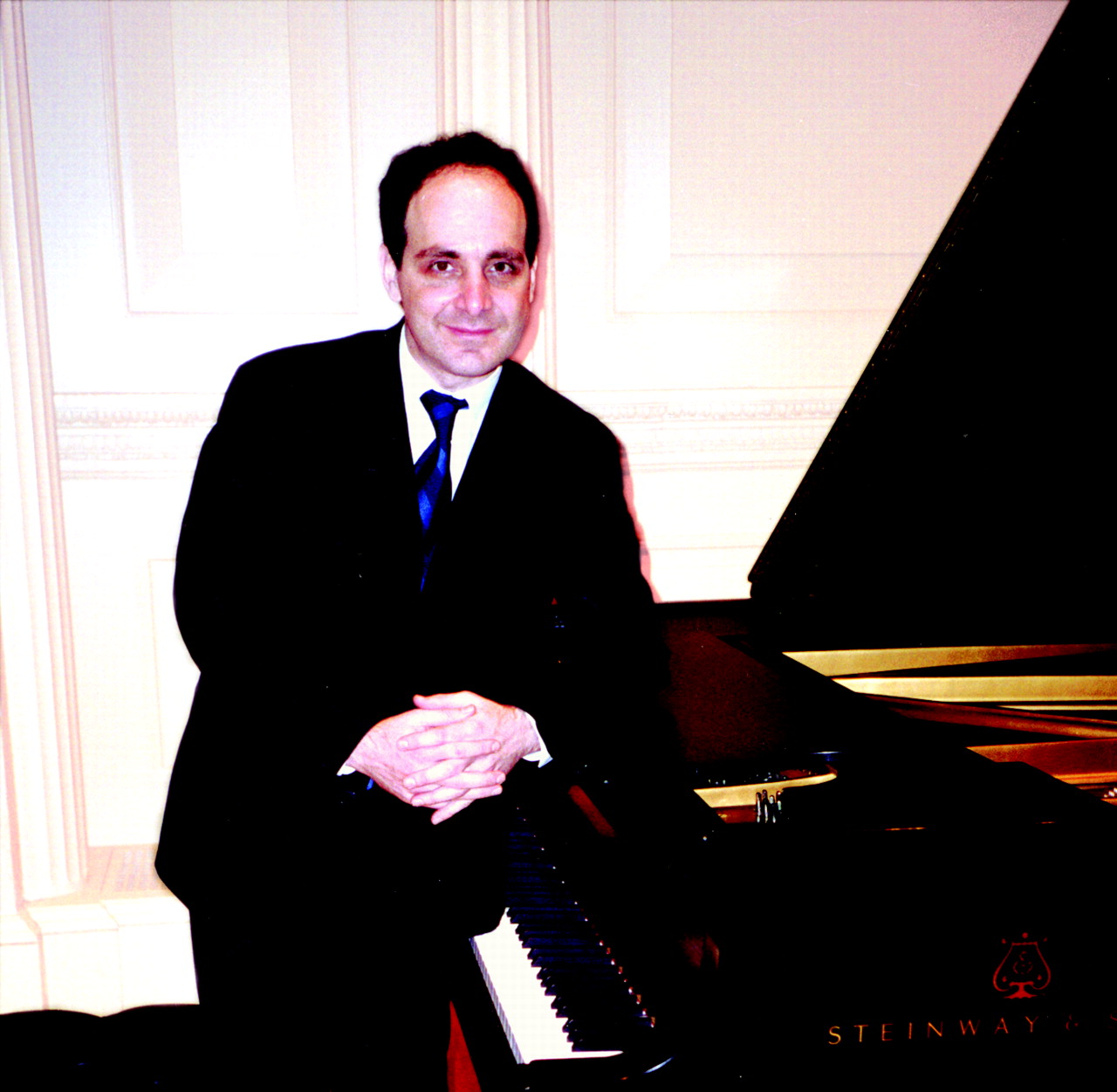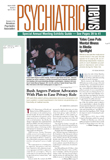Who is the man who, at APA’s 2002 annual meeting in May, will be discussing Tchaikovsky’s mental states and playing some of Tchaikovsky’s compositions that reflect those states?
His name is Richard Kogan, M.D., and like Tchaikovsky, he has led a fascinating life.
Kogan’s mother, a former music teacher, recognized his music talent and perfect-pitch ability when he was only 4 years old and got him started on piano lessons. He studied piano at the Juilliard School, one of the most prestigious music schools in the world, from age 6 to 18.
But music wasn’t the only influence in young Kogan’s life. His father was a gastroenterologist and took Kogan with him on medical rounds. Because of this exposure to medicine, and for other reasons, Kogan decided to attend Harvard College rather than a music conservatory, where the focus would have been almost exclusively on music. After that, Kogan decided to go to Harvard Medical School and become a physician.
Yet during his college and medical school years, Kogan also continued to develop as a musician. The dean of Harvard Medical School created a special five-year schedule that allowed him to travel and play concerts between his medical clerkships. He won first prize in a Chopin competition of the Kosciuszko Foundation while he was still a college undergraduate, and then he won the Concert Artists Guild Award and the Portland Symphony National Piano Competition.
Today Kogan is both a psychiatrist and a professional musician. He has a private practice in New York City, serves as director of the Human Sexuality Program at New York Presbyterian-Weill-Cornell Medical Center, and plays piano concerts throughout the world. The New York Times has described him as a “superb musician” whose playing is “eloquent and compelling.”
Kogan’s forthcoming forum on the link between Tchaikovsky’s mental states and Tchaikovsky’s musical compositions will not be his first one along these lines. At last year’s APA annual meeting, for instance, he gave a lecture with performance demonstrations on the mental states and music of the Romantic composer Robert Schumann (Psychiatric News, April 20, 2001). And last month, he gave a benefit recital and lecture in New York City’s Carnegie Hall on behalf of the National Alliance for Research on Schizophrenia and Depression. The focus was on bipolar disorder and music creativity.
The interplay between mental illness and creativity is a subject of passionate interest to Kogan. “I think there is a profound relationship between mental illness and creativity,” he told Psychiatric News.
“In psychoanalytic terms, primary processing is nonlinear, nonrational thinking. People who are psychotic engage in primary processing. Secondary processing is what most mentally healthy adults engage in in everyday life. It is more rational, organized thought. Creativity works best when there is a combination of secondary processing and primary processing. The state of creativity might be labeled tertiary processing, where there is a combination.”
In other words, he explained, “if an individual is too immersed in a primary-process kind of thinking, he or she may lose a logical structure that is essential for a great work of art. But people who don’t have access to those worlds beyond may not be able to create. They are too logical.”

